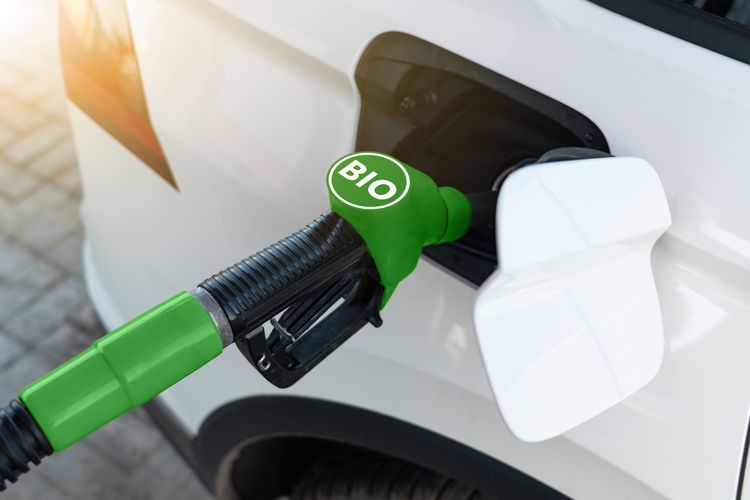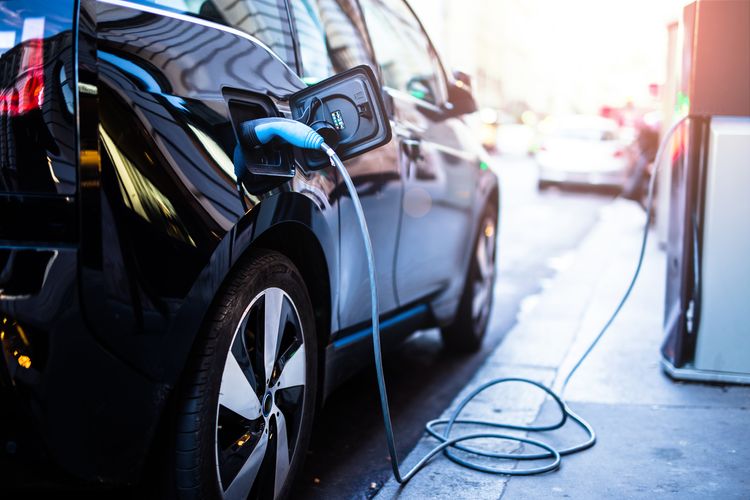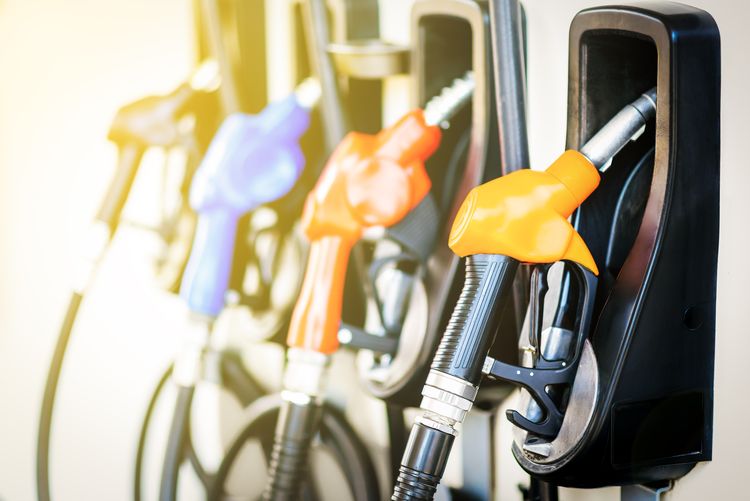What You Need To Know About Alternative Fuel
It’s part of the American dream: having the freedom to hit the road in your car, fueled by your sense of adventure. But there are a few things you might want to think about before you put the petal to the metal with wild abandon.
Because traditional cars run on petroleum-based gas, they have a huge impact on the environment. How much of an impact? The Environmental Protection Agency reports that transportation is responsible for more than half of all air pollution. Vehicles that burn gasoline release unhealthy emissions into the atmosphere via their tailpipes, most notably carbon monoxide.
Given the escalating awareness of the ravages of climate change, it’s not surprising that drivers are looking for vehicles that run on alternative fuels considered both efficient and safe for the environment. Alternative fuels are any fuels not petroleum based, and include sources such as biodiesel, electricity, natural gas, and hydrogen.
Here are some alternative fuel option cars that can get you where you want to go without getting the air clogged with fumes and pollutants. Gas-guzzlers, like dinosaurs, might soon be a thing of the past.

Biodiesel Cars
Biodiesel, which can only be used in a diesel engine, is produced from fat or oil, including vegetable oil, soybean oil, and animal fat. Drivers can use biodiesel as a replacement for petroleum-based fuel.
Compared to petroleum-based gasoline, diesel offers better power and efficiency, but vehicles with diesel engines tend to come with more costs both initially as well as throughout their lives as they tend to require more maintenance. Diesel fuel costs are roughly the same as those for petroleum fuel, but more concerns have been raised in recent years regarding the environmental impact of diesel cars; some cities have plans in place to completely ban them by 2025.
If you’re driving a vehicle with a diesel engine, you’ll need to locate a diesel fueling station to fill ‘er up. As of 2016, there were only about 697 diesel fueling stations in the United States.

Electric Cars
It shouldn’t come as a shock: According to the U.S. Department of Energy, four out of every five alternative fueling stations in the U.S. are for electric cars, making electricity the most readily available and easily accessed alternative fuel source. Because these cars don’t burn fuel as a power source, they don’t release toxic emissions into the air. In addition, electric cars offer greater fuel efficiency than petroleum-gas vehicles.
Electric cars come in two forms: all-electric or plug-in hybrids. All-electric cars work off of a battery; when the battery discharges fully, you simply plug the car in to recharge. Plug-in hybrids feature a battery that can be charged but they also incorporate a gas or diesel engine, which takes over after the battery is discharged, allowing you to continue driving between charges. All-electric cars don’t release any emissions, but the same can’t be said for plug-in hybrids as they can partially rely on gas as their fuel source.

Natural Gas Cars
The U.S. Department of Energy estimates that nearly 15.2 million vehicles worldwide are powered by natural gas, making it a popular option around the globe. But of those millions of natural gas vehicles (NGVs), only about 150,000 are in the United States due to limited buying and fueling options.
NGVs either compress the gas (CNG) or liquify it (LNG) to power a vehicle. Natural gas, a renewable fuel source domestically produced, generally costs less than petroleum-based gas. Like other alternative fuel sources, natural gas vehicles are better for the environment than those that use petroleum, but natural gas doesn’t offer the same power or driving range that comes with petroleum-based fuels.
Hydrogen Cars
Hydrogen-based cars combine hydrogen with oxygen to produce energy. The result? A car that’s more powerful than a regular electric car and that can give petroleum-based vehicles a run for their money.
When it comes time to refuel, you’ll need to get to the nearest fueling station where you can fill up on compressed hydrogen. The hydrogen fuel doesn’t come cheap: It can cost as much as $15 per gallon, and it’s not easy to find. As of 2016, only 54 hydrogen fueling stations existed in the United States, with the majority of them in California.
Hydrogen isn’t a naturally occurring resource and needs to be produced through a process that can be difficult and during which greenhouse gas emissions are released into the atmosphere. Hydrogen-powered vehicles release no emissions when running, but opponents of this type of power believe the complications of hydrogen production diminish the “clean” nature of this type of fuel.
